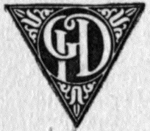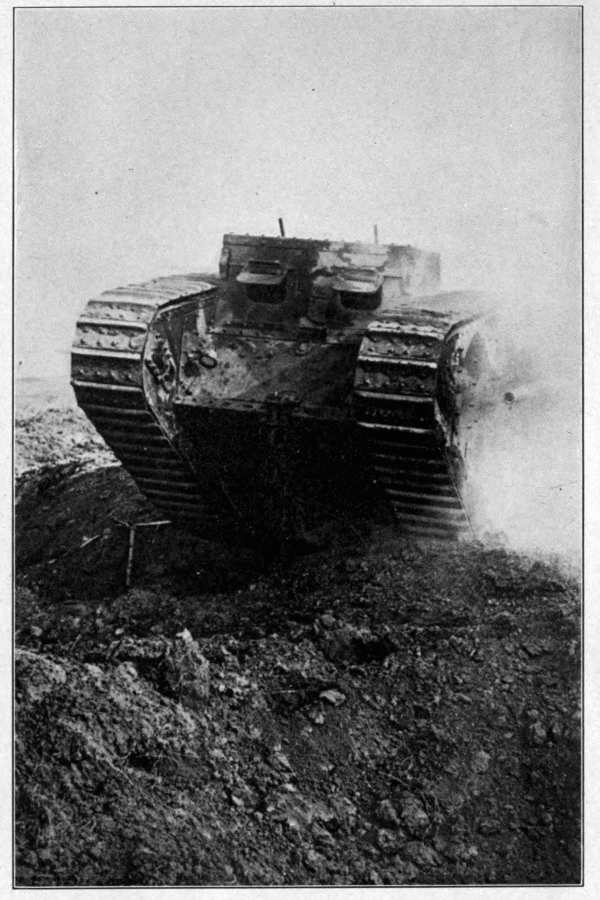
TRAINING FOR THE TRENCHES
LESLIE VICKERS
TRAINING FOR THE TRENCHES
A PRACTICAL HANDBOOK
BASED UPON PERSONAL EXPERIENCE
DURING THE FIRST TWO YEARS
OF THE WAR IN FRANCE
BY
CAPTAIN LESLIE VICKERS
LATE LIEUT. SEAFORTH HIGHLANDERS
LECTURER IN TRENCH WARFARE,
DEPARTMENT OF MILITARY SERVICE, COLUMBIA UNIVERSITY

NEW YORK
GEORGE H. DORAN COMPANY
BY GEORGE H. DORAN COMPANY
PRINTED IN THE UNITED STATES OF AMERICA
LIEUT. GORDON ALFORD
OF THE "ANZACS,"
A VERY GALLANT SOLDIER, A BOYHOOD FRIEND,
WHO MADE THE GREAT SACRIFICE ON THE SOMME,
AUGUST, NINETEEN-SIXTEEN
INTRODUCTION
Since the Great European War broke out,printing presses have been busy producingtext books, handbooks and guidesfor soldiers. Military authorities and civiliansalike have come to realise that this war haschanged many of our old conceptions ofstrategy and that it has introduced conditionsthat are entirely unprecedented. New methodshave had to be devised—sometimes on the fielditself in the midst of the greatest difficulties—formeeting new and novel methods of warfare.Every deadly engine of destruction hascalled forth some new invention to cope withit. Soldiers have had to live and fight underconditions that to the lay mind, or to the mindof the military men of a few years ago, wouldseem to be impossible. It is reasonable toassume that the inventive genius of the worldwill be turned more and more in the directionof the problem of how to construct still moreterrible machines of destruction. The next[viii]war, if there be one, is not likely to be any lessfearful than the present, so that the soldierwho is called upon to engage in it will requireto know the lessons that have beenlearned in this war. The author hopes thatfrom a fairly long training in England inpreparation for work in France, and fromsome months in the trenches on the WesternBritish front, he may be able to offer suggestionsthat will be of value to men who are trainingthemselves with a view to becoming efficientsoldiers. He sends this little bo
